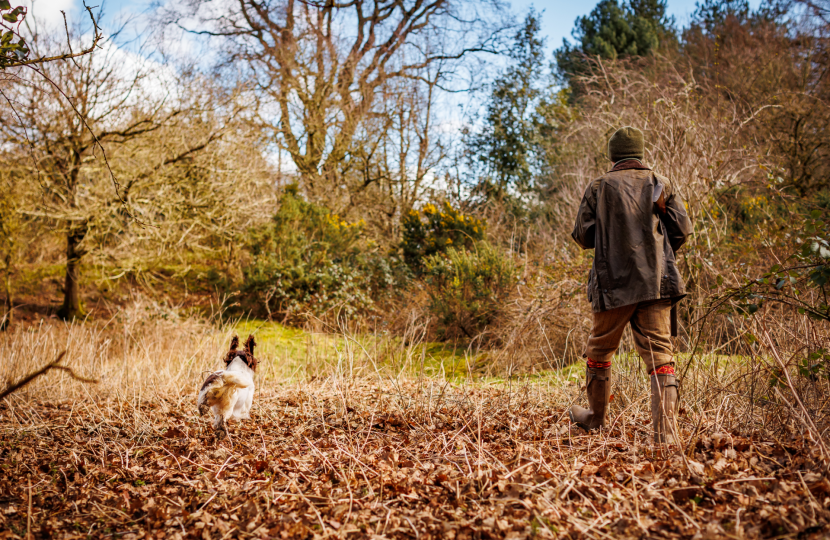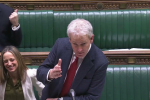
This is a lament. As the MP for a big part of Salisbury Plain, with at least four major shoots operating in my constituency - the Royal Artillery, the Netheravon, the Infantry, and the Tidworth and Bulford Garrison Shoots - I had hoped to be able to avert a Defra-inflicted disaster on the rural community here.
These shoots are all rooted in the military, with many serving and former soldiers, and their families, among their members. They deliver an important service not just to the public but to the Plain itself, with their gamekeepers effectively stewarding the natural habitat on behalf of all species (important research demonstrates that land which is shot over has a healthier natural ecology).
As I wrote last month (see here), earlier this year the Department for the Environment, Food and Rural Affairs, without warning, refused to issue the usual licences so that these shoots could put down pheasants for the coming season. This was done on the advice of Natural England, the quango responsible for the wellbeing of nature, on the grounds that pheasants represent a risk of transmission of avian flu into certain protected wild bird species.
This isn’t the place to go into the science of this risk, which is highly contested; or the more substantial point that it’s the shoots which more than any other activity protect the habitat in which rare wild birds thrive. My concern is with the process, and the perversity of the system which disregards not only the interest of country people but their expertise and experience.
Instead of engaging properly with the gamekeepers who know the ground intimately, the system - Defra, Natural England, and even the Ministry of Defence which of course is responsible for Salisbury Plain and has been involved too - has listened to activists and campaigners who object to shooting on principle. As I understand it, for some weeks a decision on the renewal of individual licences was held up because the MOD was waiting for the RSPB - a once-great rural charity, now a leading campaign group against country sports including, of course, shooting - to give its opinion on the risk to wild birds from pheasants.
Paradoxically, I have a lot of respect for Defra ministers, who I know have been working very hard to resolve the issue in the face of institutional resistance and the obligation to base their decisions on the advice they’re given. The problem is that - in a phrase that occurs to me more and more as I work in politics - ‘the Government doesn’t run the government’. It’s run by a class of officials, advisers and quangocrats, abetted by special interests who seem able to turn minority opinions (such as those of the obsessive Chris Packham) into mainstream media narratives. The public detest this, quite rightly, and I’m afraid it’s no good us politicians complaining our hands are tied: we were elected to use the full power of the state on behalf of the voters.
Some individual licences have now been granted, but all are pretty valueless because they stipulate that pheasants cannot be released until the autumn. It’s either too late to buy the birds from suppliers, or ones already bought will have to be confined in cages until release, during which time they’ll grow too big, start attacking each other, and have to be euthanised: a great victory for the RSPB.
The shoots are suffering, with gamekeepers being laid off and serious concerns about their future viability. I trust they will struggle through this season with the generous support of their members who will have to be content with a few days’ rough shooting. But unless we get early confirmation that next year’s licences will be issued, with plenty of time and without unworkable conditions attached, the future of shooting on Salisbury Plain is at risk: and with it, the wildlife, including rare bird species, that the activity so happily supports and co-exists with.






